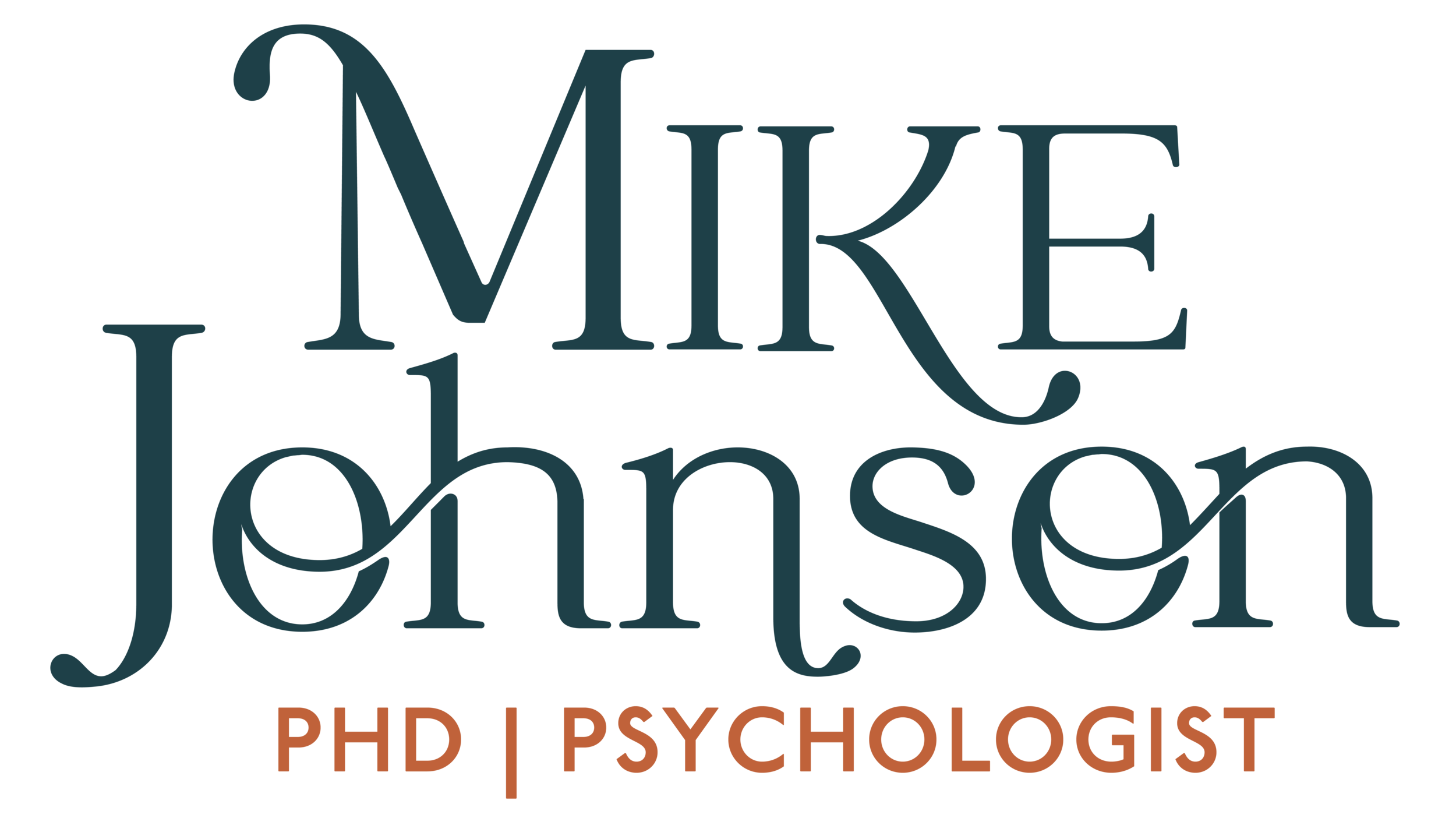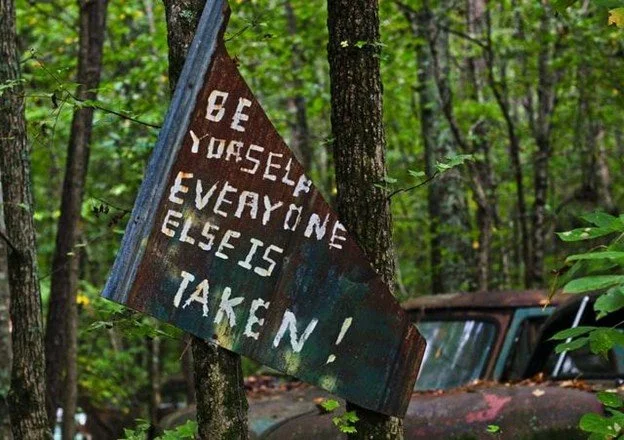Life’s unique challenges undoubtedly affect us all differently. Maybe you’re going to college and struggling with leaving home for the first time. Perhaps you went through a tough time in life and used alcohol to numb the pain. Or, you dealt with family trauma as a child that led to anxious feelings and intrusive thoughts as an adult.
Read MoreAre you having a hard time getting motivated? Are you curious about what leads to greater self-motivation or how you can boost yours? Then you’re in luck. In this article, you’ll learn science-based tricks to boost your self-motivation.
Read MoreGuilt is an emotion that makes us think more about ourselves by having us reflect on how we have acted in the past. Psychologists call this a self-conscious emotion due to the focus on ourselves.
Read MoreWhy do you do the things you do? Why did you brush your teeth this morning, go to work, or click on this article? And is it possible to change the way you behave?
As we will learn below, motivation underlies all of our behavior. Self-determination theory is a widely recognized framework for understanding motivation and the impact that different types of motivation can have on different aspects of well-being. Read on to learn the fundamental principles of self-determination theory and how to live a more self-determined life.
Read MoreEven though humility is sometimes interpreted to be low self-esteem, this is not really what it is. To be humble does not mean to have a low opinion of yourself, but rather to have an accurate opinion of yourself and to put your accomplishments into perspective. For example, it means acknowledging your strengths but not overemphasizing them (Templeton, 1997). In other words, it might be thought of as “a quiet ego” (Hill & Laney, 2016).
Read MoreAnother way to understand happiness is with the concept of eudaimonia, which combines eu (good) and daimon (spirit). Eudaimonia has been defined as a life well-lived or human flourishing.
Read MoreEmotional health is defined as a lack of mental disorders, but it also includes positive emotional characteristics, like resilience, self-efficacy, and vitality. Given how many different aspects of mental and emotional health there are, there are actually lots of different things we can do to improve our emotional health. Here are a few things you can do.
Read MoreIt's human nature to fight for things that matter to us. We might long for the past, wish that someone we love hadn't left us, or hold onto anger from the times that we were treated unfairly. But holding onto things and people that we can no longer have isn't good for us. It keeps us stuck in memories of our past and prevents us from noticing and appreciating what we have now. So, let’s talk about how to let go of all the things that we tend to cling to—the past, anger, love, fear, and more.
Read MoreSelf-worth is essential to well-being. Why? Because your views of yourself not only affect how you feel; they also affect your thoughts and behaviors. When we feel bad about ourselves, we unconsciously act in ways that end up confirming our beliefs. For example, if we feel like we are not worthy of a good relationship, a good job, or financial stability, we stop pursuing these goals with the intensity required to reach them, or we sabotage ourselves along the way.
Read MoreWe all have a general sense of what it means to “accept” something. There are many aspects of life that we could simply “accept” - financial circumstances, unhealthy relationships, unfulfilling jobs, etc. However, in psychology, acceptance means “taking a stance of non-judgmental awareness and actively embracing the experience of thoughts, feelings, and bodily sensations as they occur” (Hayes et al., 2004).
Read MoreShame is a self-conscious emotion that arises from the sense that something is fundamentally wrong with us. When we have shame, we often feel inadequate and full of self-doubt, but these experiences may be outside of our conscious awareness. That makes shame hard to identify and deal with.
Read MoreSelf-criticism or the act of shaming, belittling, or otherwise mentally mistreating ourselves is such a prevalent experience that we often fail to see how problematic it truly is. That's because we believe the hype that self-criticism is accomplishing something. But it isn't doing what we think it's doing. In this article, I describe multiple problems with self-criticism and why we should give it up.
Read MoreBeing authentic means that you act in ways that show your true self and how you feel. Rather than showing people only a particular side of yourself, you express your whole self genuinely. That means to succeed in being authentic, you first have to know who your true self actually is. And this requires self-awareness, mindfulness, and self-acceptance.
Read MoreWe are currently living through a loneliness epidemic. And it was going on long before Covid required us to isolate and socially distance even further. That’s bad news because loneliness contributes to poor mental and physical health. That’s why it’s more important than ever to implement some creative tools in our lives to fend off loneliness and protect our mental and physical health.
Read MoreOur daily lives consist of trying to live up to unrealistic expectations, from the media, social media, and even our loved ones. We’re just trying to fit in, be liked, and be accepted by other human beings. No one would possibly like us for who we really are, right? Well no. So how do we get past self-deprecation and learn how to just be ourselves?
Read MoreEmotions are a key ingredient in well-being. It's hard to imagine well-being without happiness. And emotions like sadness and anxiety can make well-being more difficult to achieve.
Read MoreWhat are positive emotions? What are the theories behind positive emotions? And what are some examples of positive emotions? Learn all about positive emotions here.
Read MoreExplore various ways that we can improve our resilience. Resilience is the set of personal qualities that enable us to thrive in the face of adversity (Connor & Davidson, 2003). It may involve being calm in difficult situations, implementing effective coping mechanisms, and handling criticism well.
Read MoreYou need challenges in your life to develop resilience. You must get knocked down in order to learn how to pick yourself back up. Over time, being knocked down can even make you stronger.
Read MoreWhen uncertainty stresses us out, making us wonder which path to take, what decision to make, or whether to respond at all, it can be crippling for some of us if we have not developed emotional resilience.
Read More



















